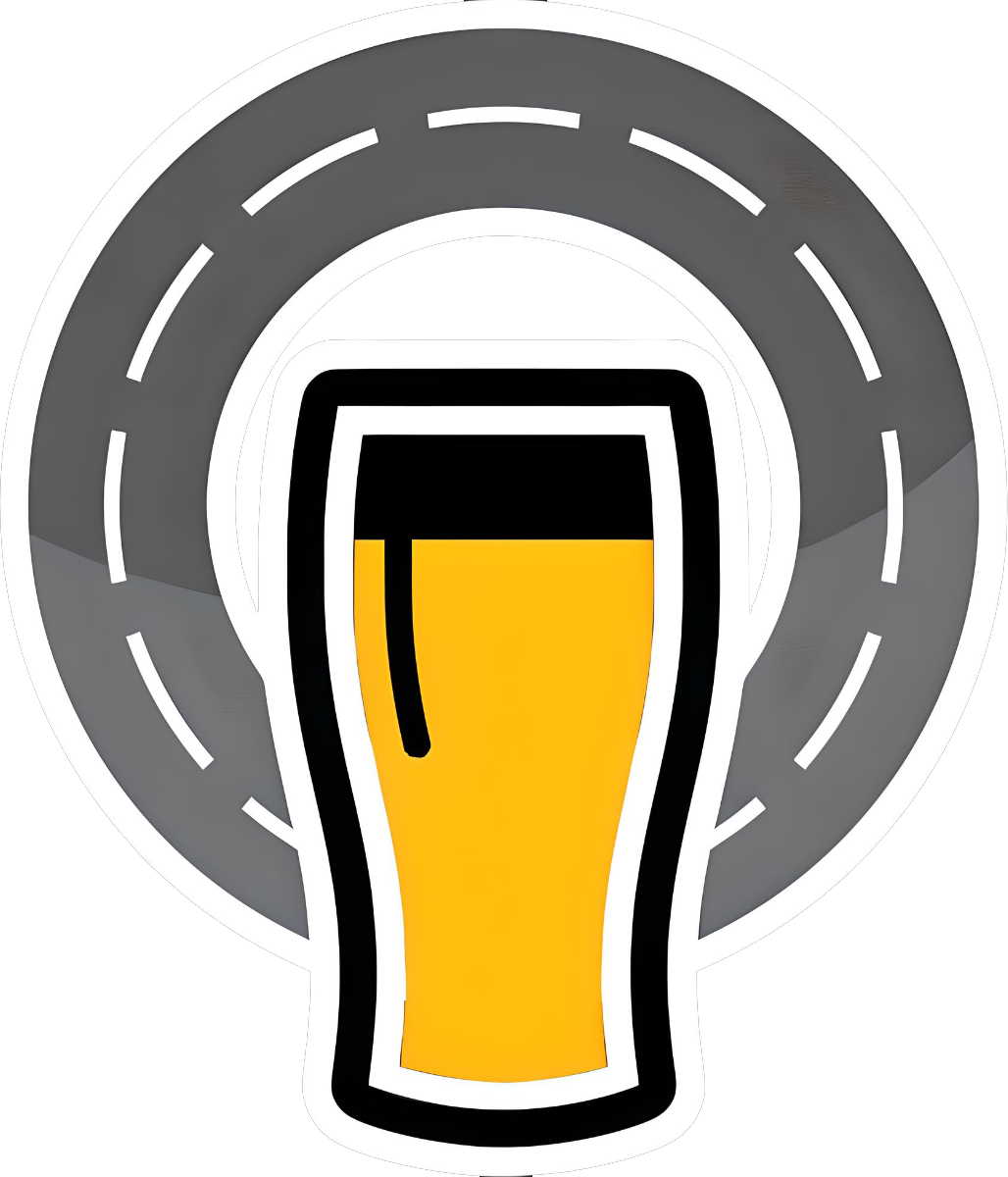
If you are stopped by police on suspicion of drink driving, it can be both stressful and intimidating.
Irrespective of whether you believe you are over the legal limit, it is important to handle the situation in the right way.
In this article, we offer advice on what to do if you find yourself in this situation. We will look at sensible steps to take in this scenario, and your rights and responsibilities.
Pull over calmly and safely
As soon as the police signal for you to stop, you should find a safe place to pull over. Ideally, this will be onto the shoulder of the road or into a lay-by.
Make sure your vehicle is fully off the road and switch off the engine. This shows you are complying with instructions and helps avoid any unnecessary suspicion.
Stay in your vehicle unless instructed otherwise
Once you’ve come to a complete stop, remain in your car unless the officer tells you to exit.
Lower your window enough to speak clearly and hand over documents if requested. Staying inside the vehicle helps to reduce any perceived threat and keeps the situation under control.
Remain calm and respectful
You might feel nervous or anxious in this situation, but it is important to remain composed.
Speak politely and cooperate with any requests the officer may make. Try not to be evasive anyway, and under no circumstances, lose your temper! This kind of behaviour can raise suspicion and make the encounter more difficult. Respond clearly, but remember, there is no need to provide more information than is necessary.
Don’t volunteer potentially incriminating information
You are not obligated to answer questions about whether you’ve been drinking or where you’ve been.
Making comments such as “I only had one beer” might seem harmless, but you should note that these statements can be used as evidence against you later. When you can, it’s best to keep your answers brief and non-committal.
Ask why you’ve been stopped
If the reason for the stop isn’t immediately clear, you’re within your rights to ask why you’ve been pulled over.
Not only will this give you context, but it can also be useful if the case goes to court. Officers typically stop drivers based on erratic driving, a traffic violation, or reports from others.
Cooperate with the roadside breath test
If the officer suspects you’ve been drinking, they may ask you to take a roadside breath test.
Refusing to do so is a serious offence and can lead to the same penalties as being over the limit, including arrest, fines, or disqualification from driving. Even if you believe you are within the legal limit, you should comply with the test.
If you are arrested, do not resist
If the breath test indicates alcohol in your system or if there is other evidence suggesting impairment, you may be arrested and taken to a police station for further testing.
You should not resist arrest. Cooperating calmly can help your case. On the other hand, resistance can result in additional charges.
Exercise your right to legal advice
Once at the station, you have the legal right to speak with a solicitor before answering any formal questions.
This is advisable, as a solicitor can guide you through the process, help you understand the consequences, and ensure you do not unintentionally harm your case.
Decline interviews until you have legal representation
If the police ask you to participate in a recorded interview, you have the right to wait until your legal representative is present.
Don’t agree to an interview without understanding the implications. Seek legal advice first to ensure your responses don’t work against you.
Avoid making promises or agreements
If police officers try to elicit admissions or agreements from you during questioning, remember that you’re under no obligation to make any commitments or promises.
Any statements made can, and likely will, be recorded and potentially used in court. Try to stick to factual information, and defer to your solicitor.
What happens if you pass the test?
If further testing at the station shows you are under the legal limit, the police may let you go without charge.
However, there are situations where you might still be held temporarily or asked additional questions; if your driving was erratic or posed a risk, for instance.
Always arrange alternative transport – driving again immediately could still be considered unsafe if there is alcohol present in your system
If you fail the test, you will be charged
Should the final breathalyser test confirm you’re over the legal limit, the police will formally charge you with drink driving. This may lead to court proceedings, a fine, loss of your licence, or even imprisonment.
Whether you’re released without charge or after questioning, do not return to driving until you’re completely sober. Alcohol can remain in your system for hours, so ask someone to collect your vehicle or wait until you are absolutely certain it’s safe and legal to drive.